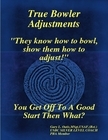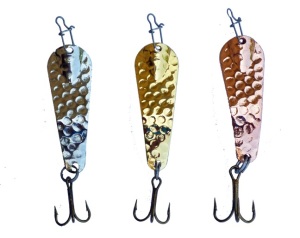NCAA football rules (guywire interference)
Question
During the LSU-Arkansas football game the ball was punted, hit the television cable (the tv cables were later ordered removed by the head official) over the field, and then hit a receiving team player in the back. The kicking team recovered the ball and the officiating crew allowed this to stand.
Thanks for your help.
Was this the right call? Is there an outside interference rule in NCAA football rules. I couldn't find anything when I looked through the rule book and interpretations.
Thanks,
Charles
Answer
Charles,
This is a very good question and you have me thinking! Rule 4-1-3-k comes to mind which states A live ball becomes dead and an official shall sound his whistle or declare it dead:: When a live ball not in player possession touches anything inbounds other than a player, a player抯 equipment, an official, an official抯 equipment or the ground.
Your play occurred during a scrimmage kick/punt. The ball was loose and not in player possession. The live ball struck an object [wires over the field] over the field, that could be interpreted inbounds and I could see the argument the wire was connected to something that was out of bounds. But reasonableness would cause me to to consider the wire in bounds. Thus the officials who sees this should have blown his whistle and ruled the loose ball scrimmage kick play dead. Since this occurred during a scrimmage kick, the only option is for the ball to be returned to the previous spot and the down replayed.
I have spent the past few days reading through NCAA memos and approved rulings dating back to 1991. I can't find this situation anywhere. The closest situation is the ball striking a dog or mascot on the field.
The SEC has top notch officials and their supervisor of officials is Rogers Redding - the Secretary of the NCAA Football Rules Committee and an outstanding Referee when he was on the field. His officials are well trained and most capable of handling this situation and fully know the rules. My thought is the crew did not see the ball hit the wire. If they did not see the ball hit the wire hey could not have ruled on it. This is likely why they allowed the play to stand. If this is indeed what happened - the officials did not see the ball strike the wire they the crew was correct. If the officials saw the ball strike the wire, then the official should have signaled the play dead and the down replayed.
If the official saw the ball strike the wire I would have very big concerns about the official who saw i because he should not be watching the gall in the air - he should be watching his keys/players.
I instruct officials not to watch the flight of the ball, but rather to "'feel' the ball"; know where the ball is and is going; have a 'sense' of the ball, but don't watch it - because if you are watching the ball you will miss the action of the players.
This is a highly unusual occurrence and there is no reasonable expectation of an official watching for the ball to strike a guy wire over the field. I would have to support the officials - they made the correct call.
Linebacker training
punt block


